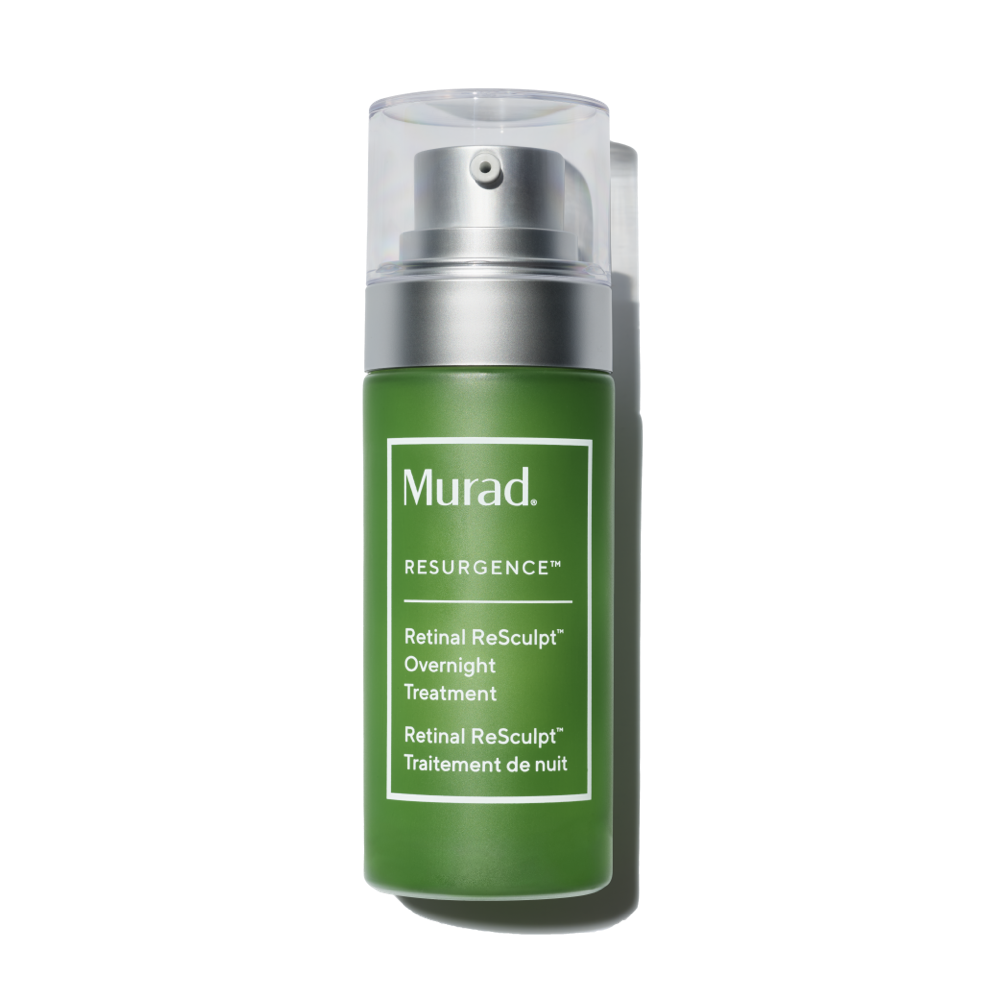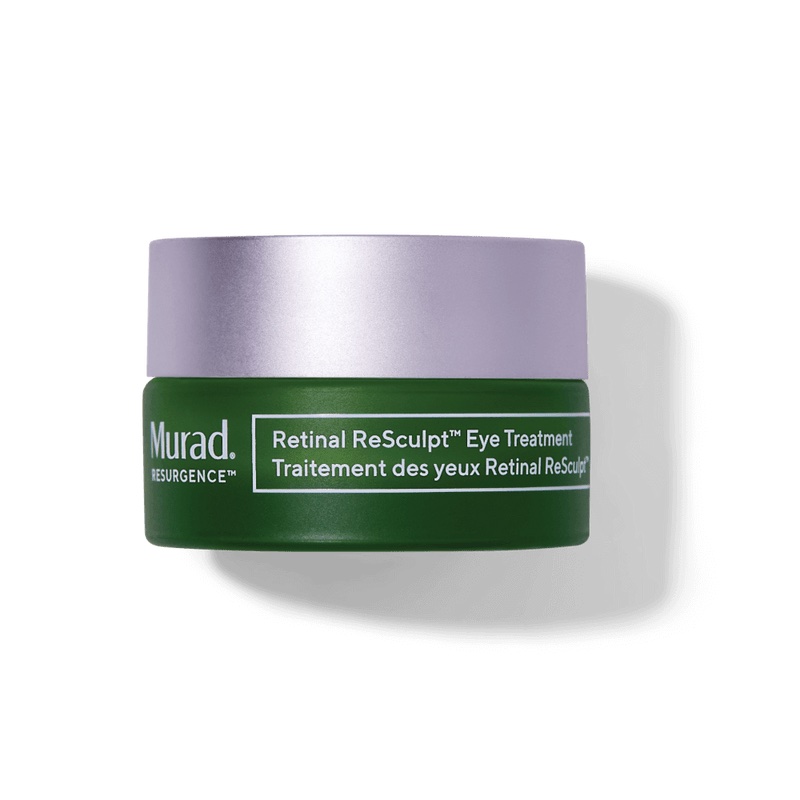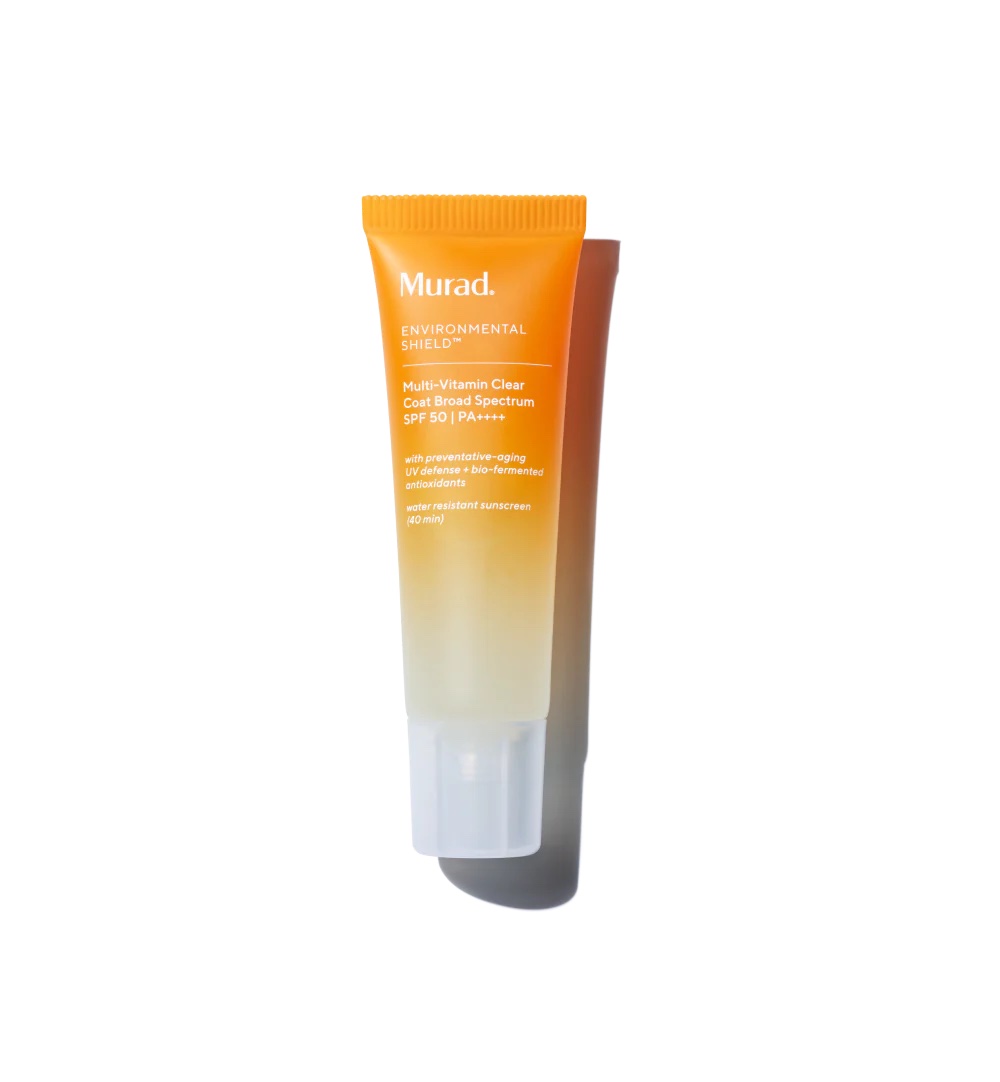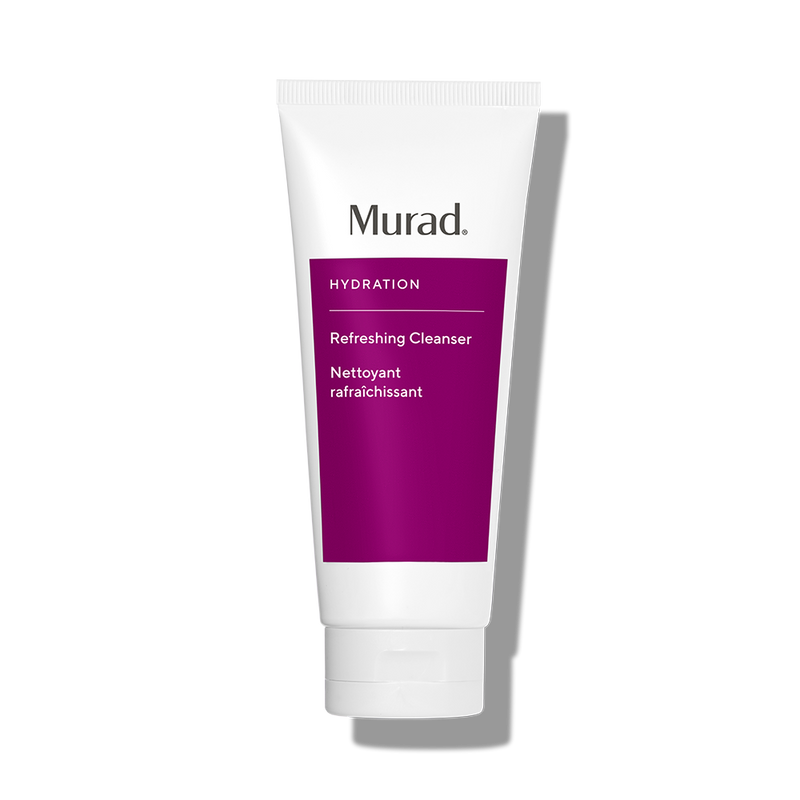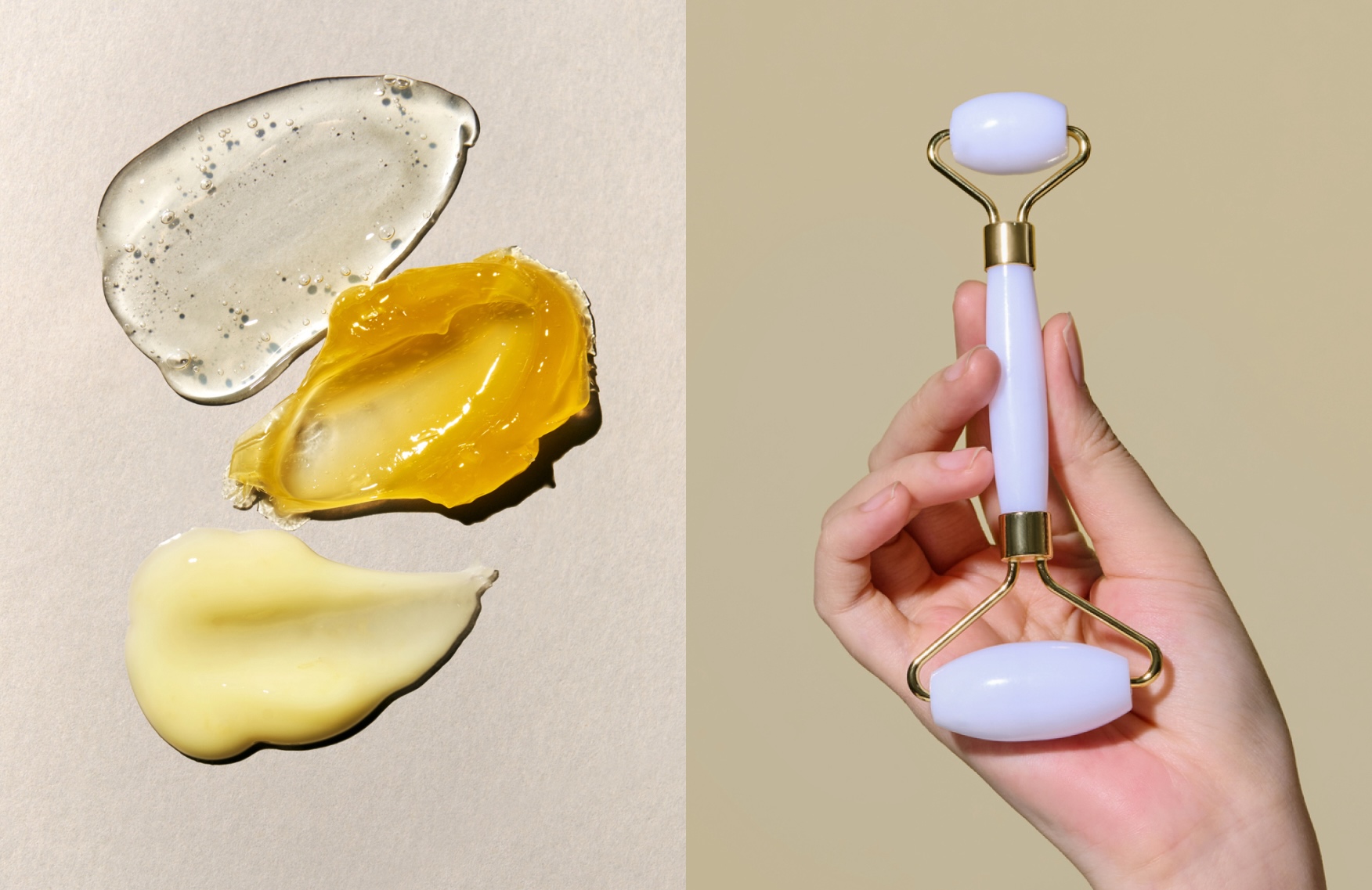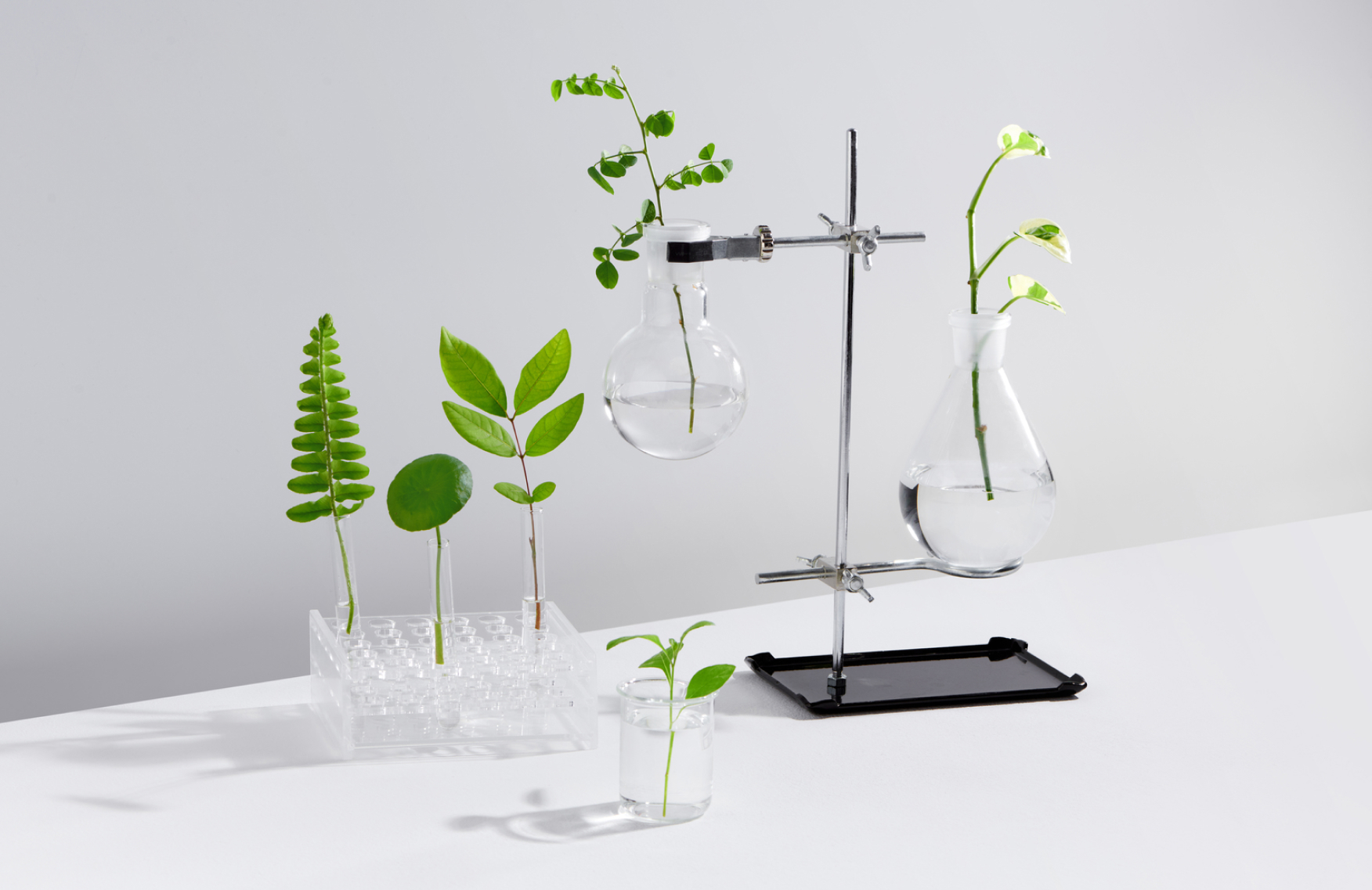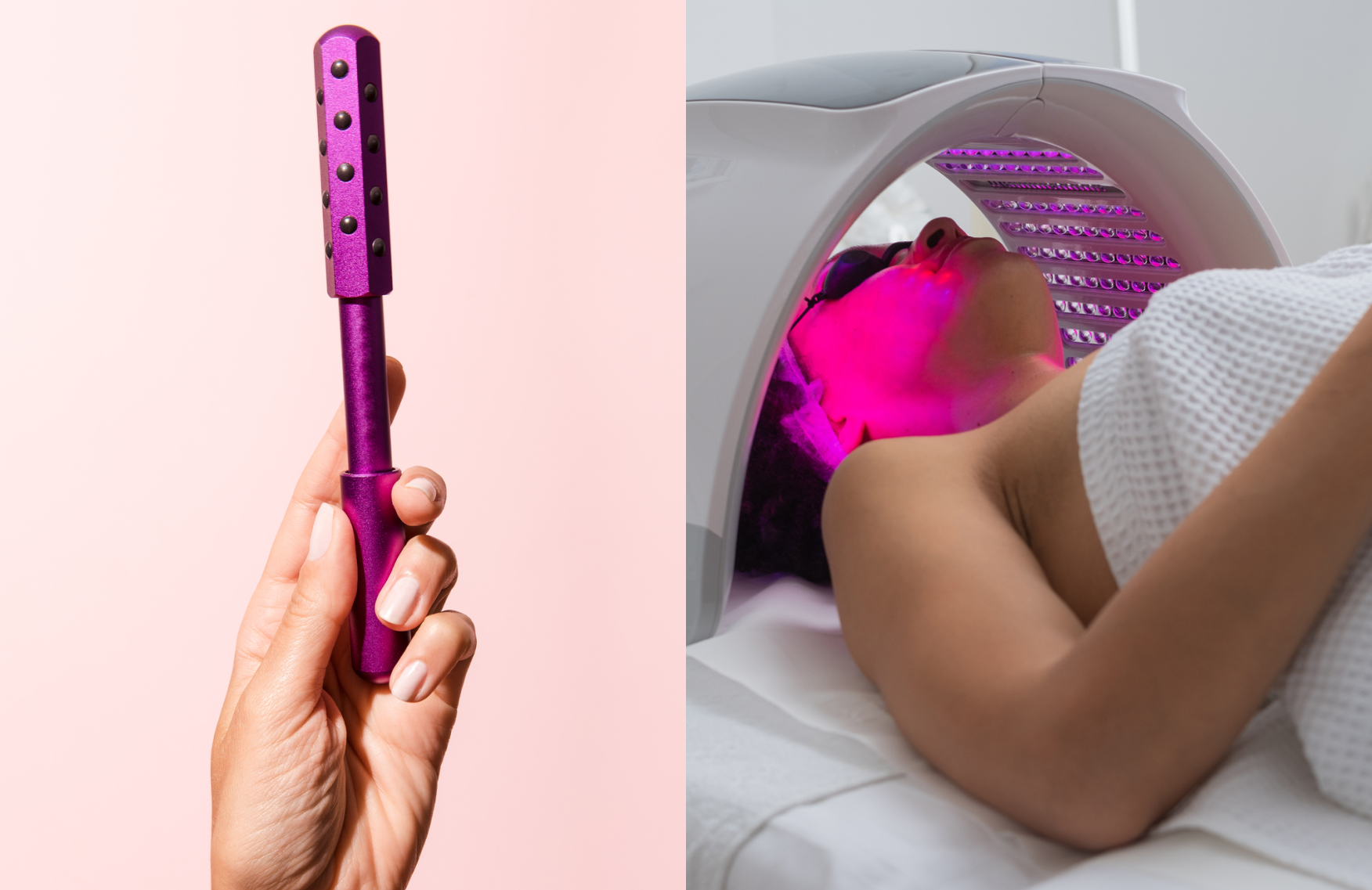Love retinol? Then don’t skimp on this essential skincare step
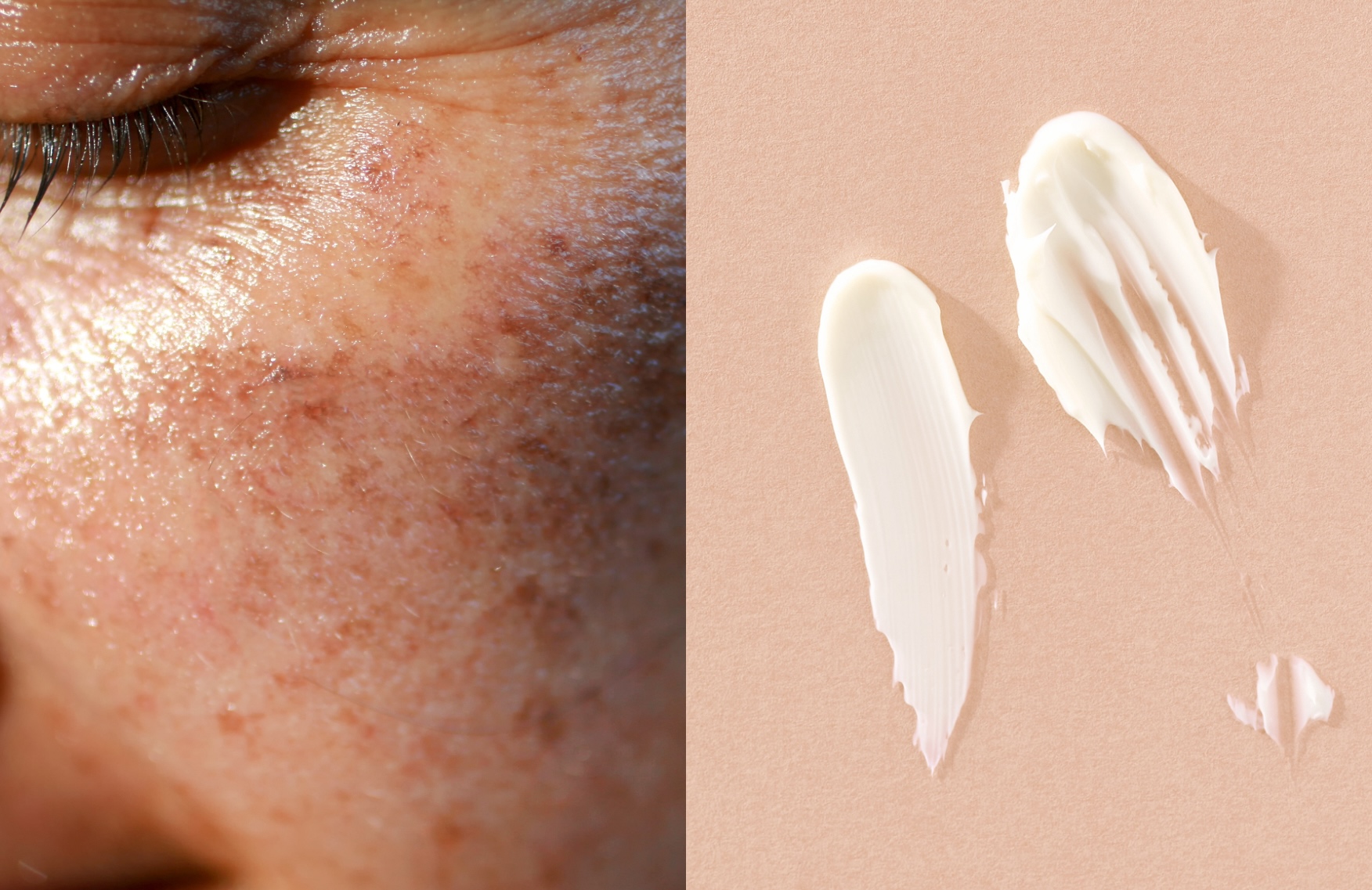
Retinol may be the skincare holy grail for combatting wrinkles, boosting collagen production and imparting smoothness and radiance, but it shouldn’t work alone. Damaging, daily UV exposure undermines retinol’s youth-enhancing, collagen-boosting results.
That’s why you must protect your retinol investment with the “other” preventative aging ingredient: sunscreen.
What the sun is doing to your skin
For some, feelings about sunscreen are a complete 180 from their love for retinol (read: they hate it). No other skincare product has a worse reputation than goopy, thick, chalky SPF. But if ever a product deserved a hero edit, it’s sunscreen. When you select a broad-spectrum sunscreen that’s ideally at SPF 30 (but heck, we’ll take SPF 15—as long as you’re wearing some kind of SPF daily), you’re shielding your skin from a process called photoaging.
Photoaging is a one-word description for how UV radiation from the sun causes cumulative damage that makes skin age prematurely. “Also known as photodamage, extrinsic aging, sun damage or simply dark spots, photoaging is responsible for 90% of the visible changes we see in our skin,” says Lori Cahitas, esthetician and manager of global education content for professional skin therapists.
What’s photoaging look like on skin? Deep-set, static wrinkles, dark spots, uneven tone and skin sagging.
What happens if you use retinol without sunscreen?
If you’re using retinol to prevent or correct those same signs of skin aging listed above, you might be wasting your time if you’re not applying sunscreen daily.
Why? Because (as we mentioned) at least 90% of skin damage and signs of aging on skin come from UVA/UVB rays. Not applying sunscreen while using retinol in your skincare regimen is, quite simply, counterproductive. If you’re going to invest in targeting signs of aging with retinol, SPF is the mandatory partner for protecting your investment.
Cahitas tells us, “Many believed sunscreen was a critical companion to retinol because it was protecting skin during cell rejuvenation, which can cause skin thinning and increase the potential for sun damage. In fact, retinol doesn’t thin skin, but does stimulate a thicker dermis by strengthening and encouraging collagen and elastin production,”
However, as retinol helps shed the top layers of dead skin cells, newer and more delicate cells are more sun-sensitive, making SPF an absolutely mandatory partner to retinol.
It’s also believed that retinol loses efficacy when it comes in contact with UV light, which is why so many dermatologists recommend using it at night. Modern dispersions of retinols are being proven to be sun safe—but that doesn’t mean you can skip on the sunscreen.
Wearing sunscreen during the day—especially if retinol is part of your regimen—helps prevent the very signs of aging that you’re trying to undo or prevent with retinol. Dr. Howard Murad, board-certified dermatologist and founder of Murad Skincare says, “If you truly want to safeguard your skin against dark spots and fine lines, wearing SPF on a daily basis is as crucial as any treatment targeting those concerns.”
And what about retinol use in the summer? “You can use retinol in the summer if you’re actively and scrupulously protecting your skin every single day with a generous application of SPF,” Cahitas advises. To take extra precautions, use retinol as part of your nighttime skincare regimen.
References for this information:
Skin Cancer Website, Photoaging
